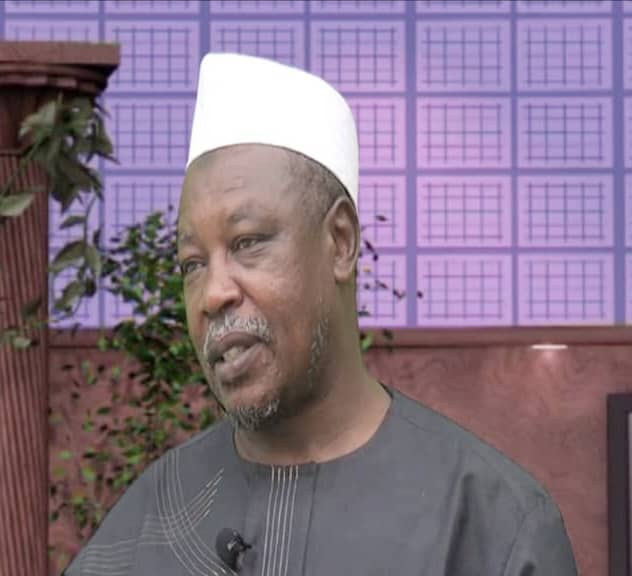The recent editorial by Punch on January 7, 2025, titled “New federal varsity a misnomer,” presents a limited perspective on the federal government’s decision to establish a university in Southern Kaduna. While concerns about the state of tertiary education in Nigeria are valid, dismissing the creation of new universities fails to acknowledge the pressing realities of Nigeria’s growing population and its implications for education and development.
Nigeria is projected to overtake the United States as the third most populous country in the world by 2050, trailing only India and China. By the end of the century, the population is expected to approach one billion, driven by one of the highest annual population growth rates globally. This explosive growth underscores the urgent need to expand educational infrastructure to accommodate the increasing demand for higher education. The establishment of new universities, particularly in underserved regions like Southern Kaduna, is not just a political gesture—it is a demographic necessity.
The editorial’s claim that Nigeria already has enough universities overlooks the disparity between the number of institutions and the growing population of young people seeking higher education. With over 274 universities serving a population of more than 220 million, the capacity of existing institutions is grossly insufficient. The high student-to-teacher ratio of 100:1 in most Nigerian universities, compared to Harvard’s 7:1, is evidence of the strain on resources. This gap will only widen as the population grows, unless deliberate efforts are made to expand access to higher education.
Southern Kaduna, in particular, has historically been marginalized in terms of educational opportunities. Establishing a federal university here addresses a long-standing inequity and creates opportunities for a growing population in a region that has been underserved for decades. This is not a “Greek gift” but a necessary investment in the future of the nation.
While it is true that many existing universities face funding and infrastructural challenges, the solution is not to halt the establishment of new institutions but to adopt a dual approach: improve funding and governance in existing universities while expanding access to higher education in underserved areas. The argument that creating a federal university in Southern Kaduna is “illogical” fails to recognize the developmental and peacebuilding potential of such an initiative.
Additionally, the editorial’s focus on global rankings and comparisons to universities in the United States, South Africa, and China misses a key point: addressing local educational needs is a priority. New universities, if strategically planned, can serve as centers for regional development, innovation, and research, contributing to national growth while addressing specific community needs.
The editorial also overlooks the broader context of budgetary misallocations. Criticizing the establishment of a new university while ignoring the National Assembly’s N344.85 billion budget in 2024, which dwarfs the allocations for several federal universities combined, seems shortsighted. Advocacy for better funding of existing institutions should complement, not compete with, the expansion of access to education.
Finally, the creation of a federal university in Southern Kaduna aligns with the government’s responsibility to foster inclusivity and national unity. In a region plagued by ethno-religious conflicts, education can be a powerful tool for peacebuilding, dialogue, and socio-economic progress.
In conclusion, the establishment of a federal university in Southern Kaduna is not an act of “illogic” but a forward-thinking response to Nigeria’s rapidly growing population and the urgent need to expand educational opportunities. While systemic challenges in the tertiary education sector must be addressed, prioritizing access to education in underserved areas is both a moral and developmental imperative. Constructive engagement, not blanket condemnation, is what is needed to ensure this initiative succeeds.
Sanusi A.S. Maikudi
Dan Iyan Jema’a
Network for Justice
Kaduna.
sanusihmaikudi@yahoo.com




